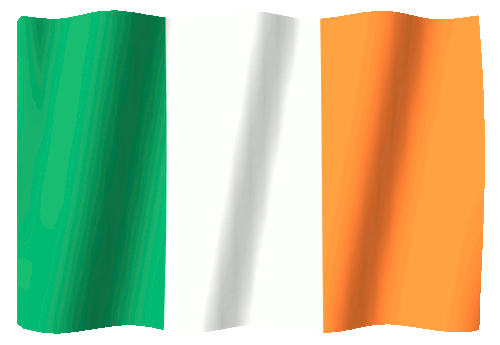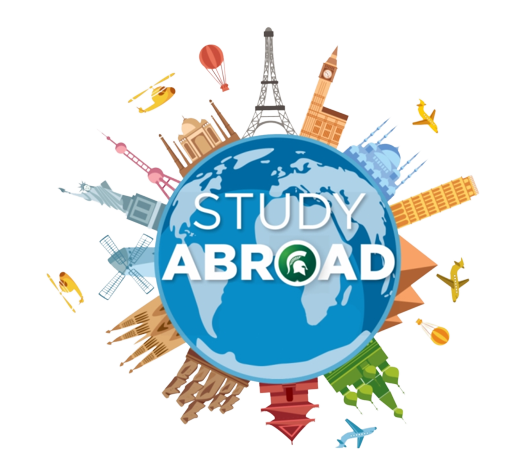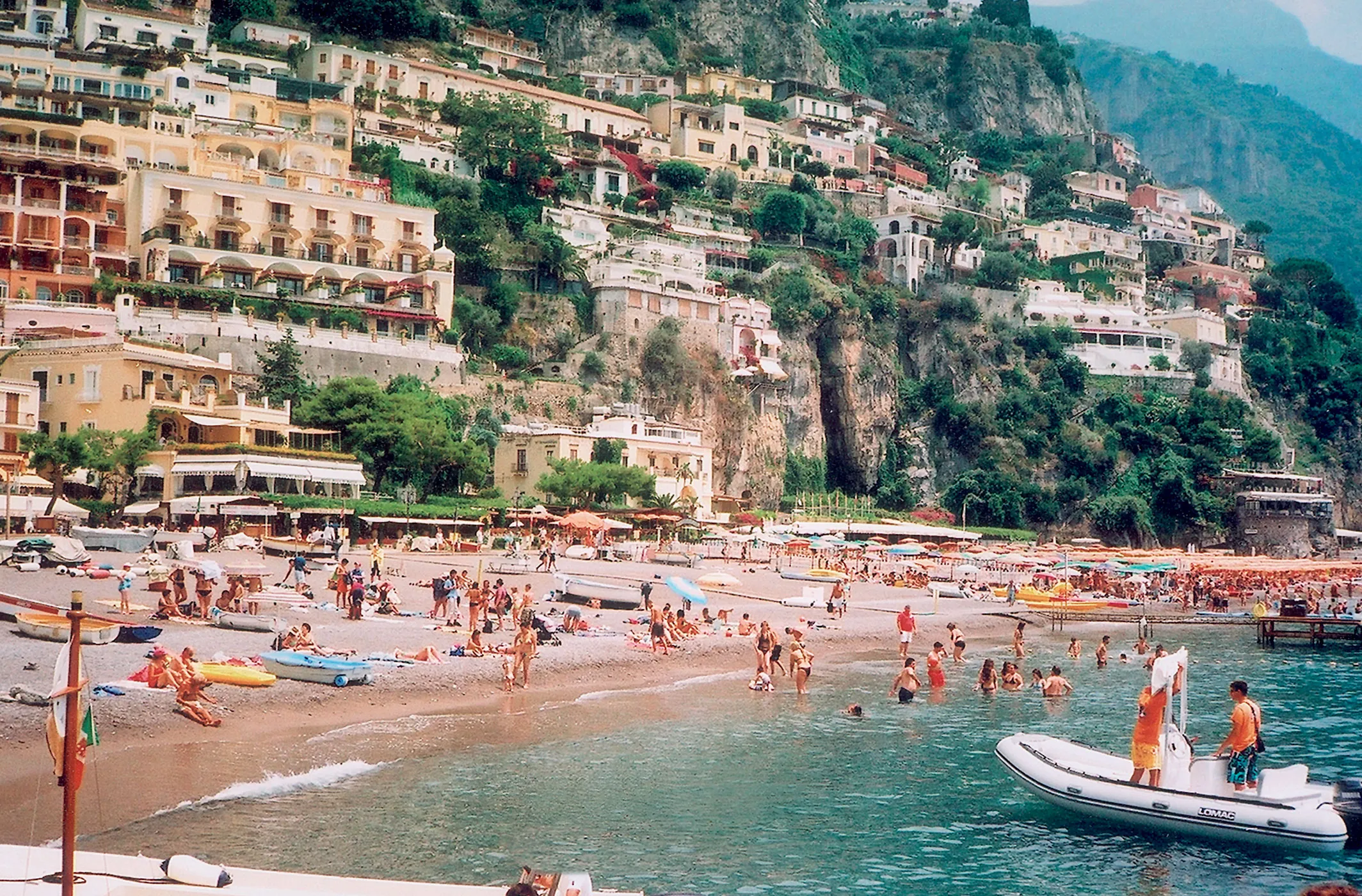infrastructure in ireland
- Transportation: Ireland has an extensive road network connecting major cities and towns, along with several motorways and national roads. Public transportation, such as buses and trains, serves urban and rural areas, providing efficient links between cities. Major airports in Dublin, Cork, Shannon, and other cities facilitate international travel.
- Energy: Ireland has been gradually transitioning towards renewable energy sources, including wind, solar, and hydroelectric power. This shift aims to reduce dependence on fossil fuels and promote sustainability.
- Telecommunications: The country has a well-developed telecommunications network, enabling widespread access to internet and mobile services.
- Housing: The housing market in Ireland has experienced challenges, with demand often outstripping supply in urban areas, leading to issues such as housing affordability and homelessness.









